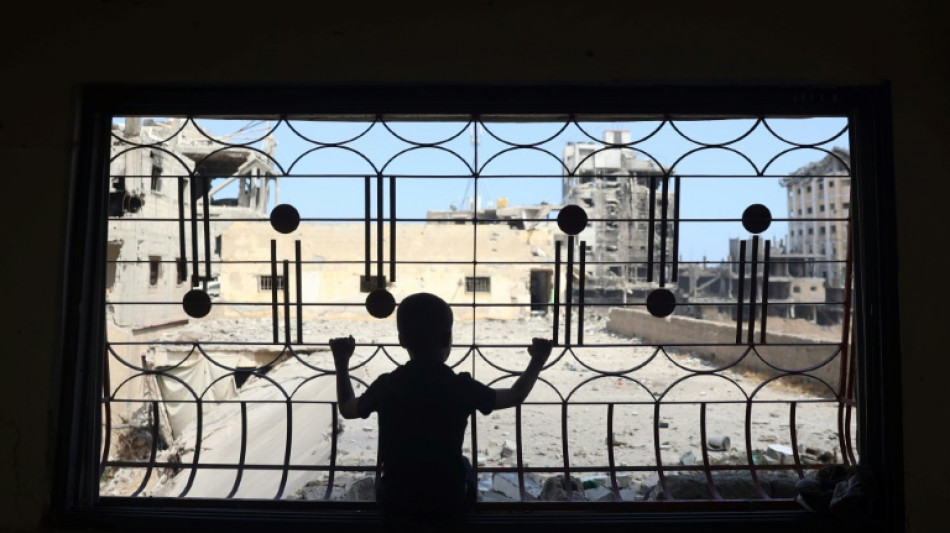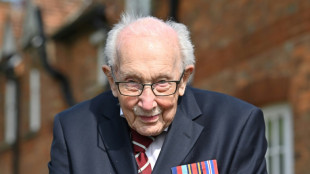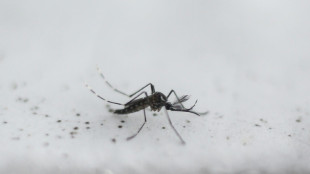

Israel agrees 'humanitarian pauses' in Gaza for polio vaccinations
Israel has agreed to a series of three-day "humanitarian pauses" in Gaza to allow health officials to administer polio vaccinations to children in the territory, the World Health Organization said Thursday.
"The way we discussed and agreed, the campaign will start on the first of September, in central Gaza, for three days, and there will be a humanitarian pause during the vaccination," said Rik Peeperkorn, the agency's representative for Palestinian territories.
The vaccination rollout will also cover southern and northern Gaza, which will each get their own three-day pauses, Peeperkorn told reporters, adding that Israel had agreed to allow an additional day if required.
The vaccination campaign aims to cover more than 640,000 children under the age of 10.
"We stress the critical importance for all parties to adhere to the commitments that have been made," Michael Ryan, WHO deputy director-general, told the UN Security Council.
"At least 90 percent of coverage is needed during each round of the campaign in order to stop the outbreak and prevent international spread of polio," he added.
He said that 1.26 million doses of the NoPV2 vaccine had been delivered in Gaza, with another 400,000 still to arrive.
The vaccine is administered orally in two drops. Health workers will need to return in four weeks' time to give two more drops to each child to complete the vaccination, although so far there has been no public discussion of arranging another pause in the fighting.
Oren Marmorstein, Israel's foreign affairs spokesman, said on X that his government has "has coordinated a large-scale operation with WHO and UNICEF to vaccinate children in the Gaza Strip against polio."
Hamas said it supports the "UN humanitarian truce."
Robert Wood, US deputy ambassador to the United Nations, said it is "vital that this campaign be implemented without delay."
He called on Israel to "facilitate access for agencies carrying out the vaccination campaign, and for it to ensure periods of calm and refrain from military operations during vaccination campaign periods."
The United States and European Union have voiced concern over polio in Gaza, after the first case there in 25 years was confirmed this month in an unvaccinated 10-month-old baby.
Poliovirus is highly infectious and most often spread through sewage and contaminated water -- an increasingly common problem in Gaza with much of the territory's infrastructure destroyed by Israel in its war against Hamas.
The disease mainly affects children under the age of five. It can cause deformities and paralysis, and is potentially fatal.
A.Lewis--MC-UK




